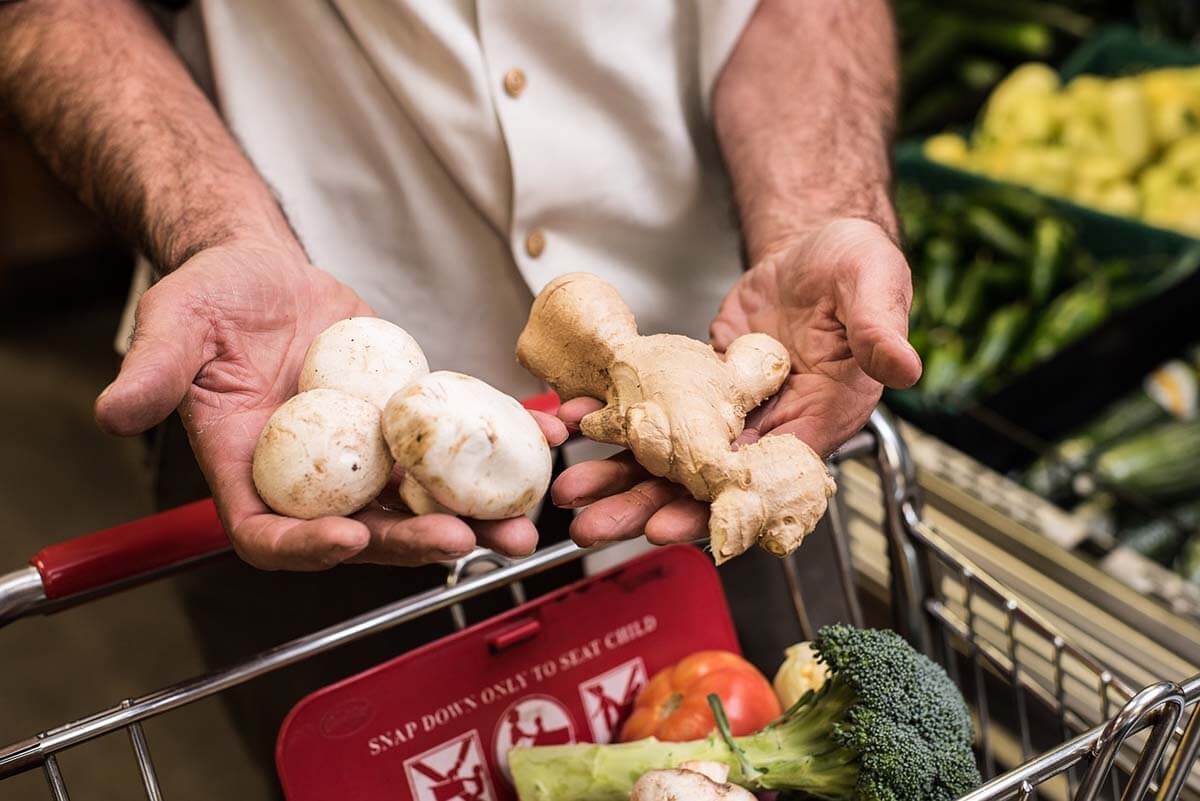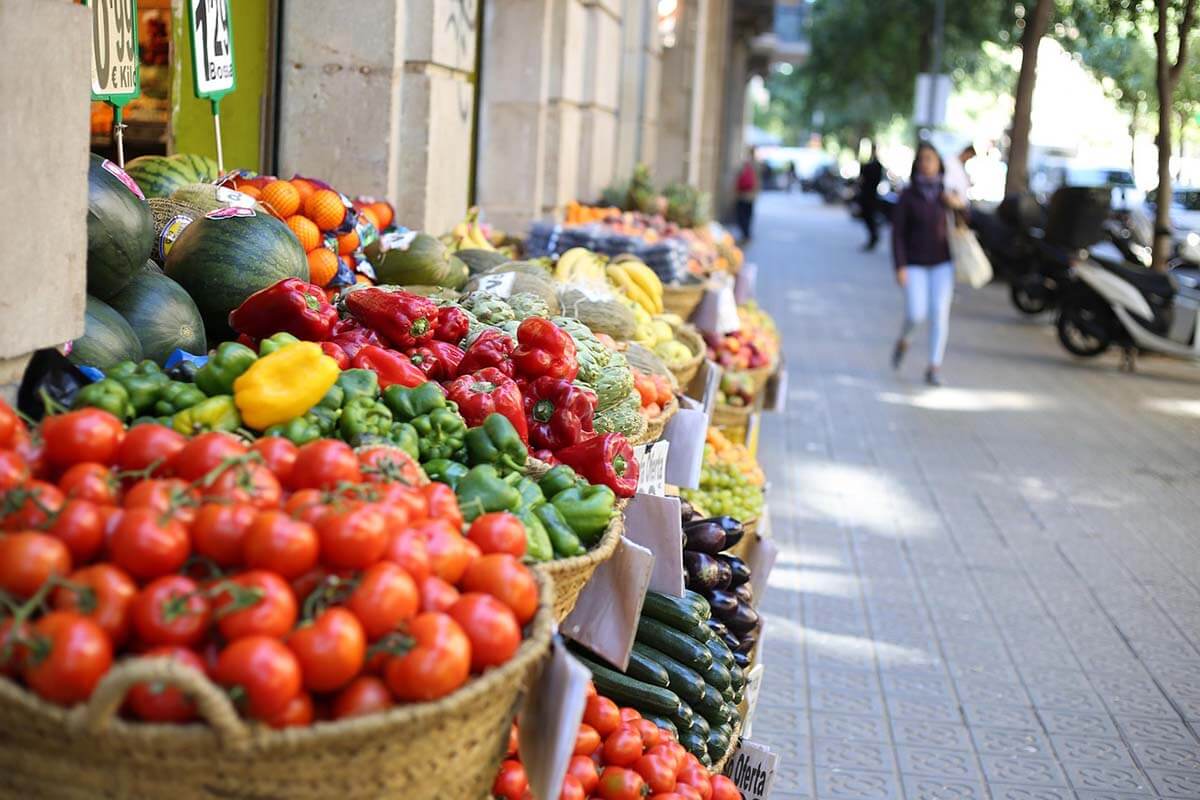
Can a reform of food VAT rates be achieved?
The affordability of sustainable and healthy food is a key social and economic issue. A recent study suggests reforming VAT rates to promote sustainable eating habits and reduce the health burden. The research suggests that maintaining the full VAT rate on meat and dairy products, while applying a 0% VAT rate to fruit and vegetables, could improve consumer choice and bring significant environmental and health benefits. But can these changes really be achieved? In this article we present the results of the study, the expected impacts and the situation in Hungary.
A study proposes reform of VAT rates for sustainable food affordability
A study led by researchers from the Environmental Change Institute and the Oxford Martin School suggests that value-added tax (VAT) rates on food should be set on the basis of health and environmental considerations, Vegconomist reported.
The authors recommend applying a full VAT rate to meat and dairy products and a 0% rate for fruit and vegetables. They say this would help consumers make healthier and more sustainable dietary choices. It is expected that fruit and vegetable consumption would increase by 1 portion per week, while meat consumption would decrease by the same amount.
The researchers estimate that this could reduce greenhouse gas emissions by 50 million tonnes a year, equivalent to the emissions of Scotland and Northern Ireland. Demand for agricultural land would fall by 70 000 km² – an area equivalent to Ireland – despite an increase in fruit and vegetable production. These reforms could also reduce the number of diet-related illnesses – such as heart disease, stroke and diabetes – by 170,000 a year in the UK and the EU.
The authors estimate that if the reforms were implemented, consumers would replace some meat and dairy products with fruit and vegetables, so the overall cost of their diet would remain similar. At the same time, tax revenues would increase, which governments could use elsewhere, resulting in a 0.6% increase in UK GDP.

Are tax systems not fit for purpose?
The concept of higher tax rates on higher-emission foods is not a new idea.In 2020, the UK Climate Change Health Alliance has already proposed taxing meat to reduce consumption. Dale Vince, founder of renewable energy company Ecotricity and a major donor to the UK Labour Party, also called for a tax on red meat last year. Meanwhile, Denmark has announced it will introduce the world’s first carbon tax on livestock emissions.
“As far as food is concerned, the tax systems in the EU and the UK are currently not fit for purpose,” said Professor Marco Springmann, lead author of the study. “A modern tax system that addresses the critical health and environmental challenges of the food system is urgently needed. Adjusting VAT rates based on their health and environmental impacts is as good as a no-loss policy, while offering benefits for public health, the environment and even public revenues.”

There is also a need for VAT reform on food in Hungary
The value added tax (VAT) on food in Hungary varies according to the type of product:
- A VAT rate of 5% applies to certain “basic” foods, such as meat and milk.
- The VAT rate of 18% applies to dairy products, flavoured milks, products made with cereals, flour, starch or milk.
- A VAT rate of 27% applies to all other foodstuffs, including sugar, flour and edible oils.
It is important to note that VAT rates for basic foodstuffs vary considerably from country to country. For example, in Ireland, the UK and Malta, basic foodstuffs are subject to 0% VAT, whereas in Hungary they are generally subject to 27%. In Slovakia, from 1 January 2025, the rates of value added tax (VAT) have changed, with the VAT rate for basic foodstuffs being reduced from 10% to 5%. The Slovak government has published a list of basic foodstuffs subject to the 5% VAT rate. These include bread, milk, butter, eggs, meat, oil and vegetables. So this does not yet cover the range of products included in the VAT reform recommended for introduction by the study mentioned at the beginning of this article.
Since the introduction of the 5% VAT on meat, the lowering of the VAT on fruit and vegetables has also been a recurring theme in our country, but no breakthrough has yet been made. Many are sceptical and believe that a possible VAT cut would benefit producers but would not reach consumers and would therefore not reduce retail prices.

Representing the position of NÉGYOSZ
NÉGYOSZ’s Manifesto sets out the measures we consider appropriate and necessary to support the expansion of plant-based nutrition in Hungary. As is the practice in the majority of EU Member States, these include initiating discussions with economic researchers and institutions on the pace at which the current VAT rate on plant-based products can be reduced (to at least 18%).
On January 14, 2025, NÉGYOSZ 2025 participated in the meeting of the NAK (National Chamber of Agriculture) Working Group on Free-From Foods. Important progress was made at the meeting. The first was of course the formation of the working group. The event was also a remarkable success in terms of its size: with nearly 60 participants, the working group grew to a record size. This was a clear message to the Board of the need for joint work.
Members identified 3 priority areas for future work:
- Education,
- Tax burdens and
- Market Research.
The most prominent role will be given to Education, and Market Research will support the work of the Education and Tax Burdens groups. NÉGYOSZ is represented in all three working groups, but the focus will be on the Education and Tax Burdens groups.

Taxes and sugar tax
While a reduction in VAT may not be realistic in the short term, there is consensus that now is the time to start the long-term process. The working group also wants to remove several products from the public health product tax on unhealthy food and drink, and NÉGYOSZ has argued that plant-based drinks should be added to this list. The mood was optimistic on this issue, which will come to the fore.
Other topics and agenda
Agenda items included information on export market opportunities and cooperation with the Agricultural Marketing Centre, training developments to address food allergies, and an update of the gluten-free brochure.